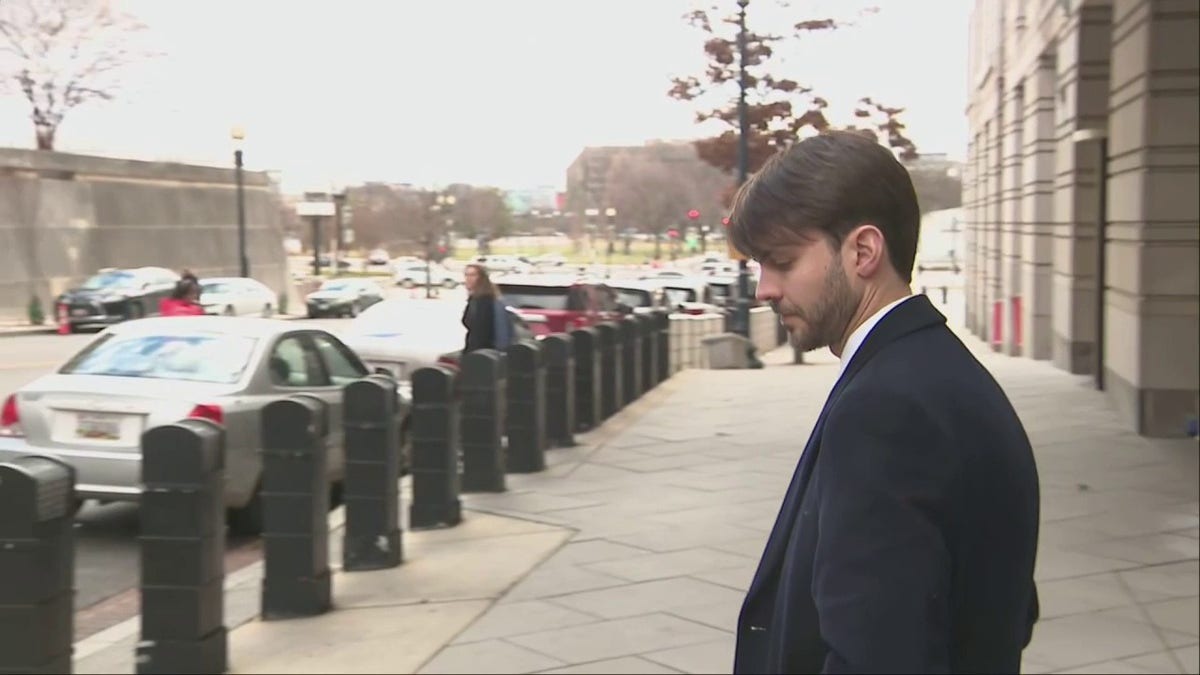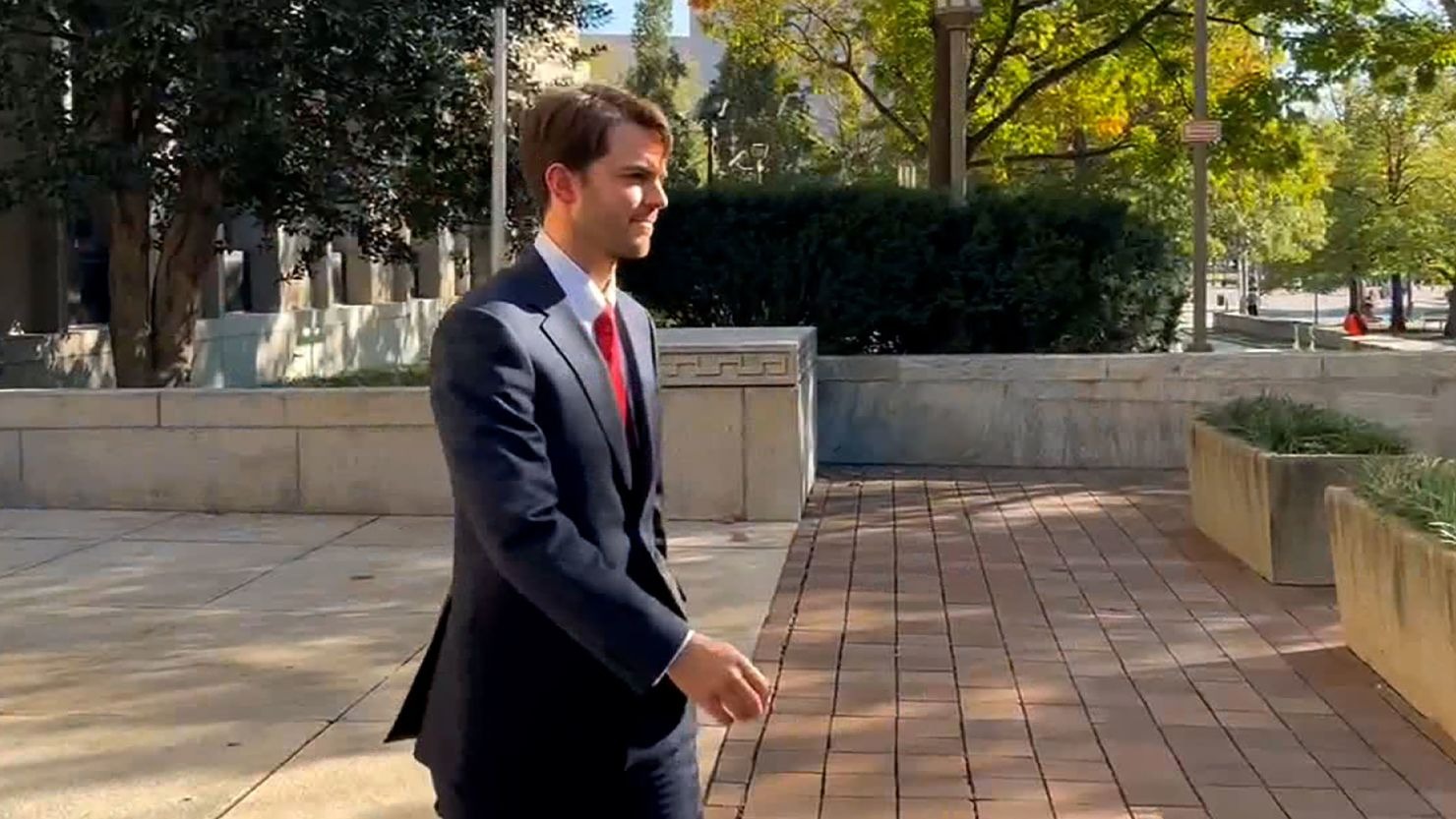In Washington, the individual responsible for leaking federal tax records, including those of former President Donald Trump and other wealthy individuals, received a 5-year prison sentence, a 3-year supervised release, and a $5,000 fine.
Charles Littlejohn, the 38-year-old IRS contractor, had previously pleaded guilty to unauthorized disclosure of tax returns, facing a maximum sentence of 5 years.
During sentencing, federal District Judge Ana Reyes labeled Littlejohn’s actions as “an attack on our constitutional democracy” and stressed that targeting the sitting president of the United States was an exceptional offense that should not be tolerated.

Ex-IRS contractor (Credits: Fox News)
Despite Littlejohn’s acknowledgment of responsibility, stating that he alone committed the crime driven by a desire for transparency, the court remained steadfast in delivering the maximum penalty.
Judge Reyes emphasized the necessity for the court to serve as an “unbreakable bulwark” for American democracy, especially in the face of increasing threats.
Littlejohn’s explanations about his motivations did not sway the judge, who underscored the importance of ensuring that such conduct is never perceived as acceptable.
Prosecutors had presented a damning case against Littlejohn, accusing him of abusing his position over two years to advance personal and political motives.
They urged the judge to impose the maximum prison sentence, highlighting the severity of Littlejohn’s actions, which they deemed one of the most serious crimes in IRS history.
The sentencing marked the end of a case that exposed high-profile tax information leaks, although charging records did not explicitly name Trump, it was later confirmed that he was the high-ranking government official victimized by Littlejohn’s actions.
The former president’s tax information was leaked to the New York Times, revealing that in 2016, Trump paid only $750 in federal income taxes, a pattern that continued in his first year in office.
Littlejohn’s scheme went beyond Trump’s tax returns, encompassing tax information dating back 15 years for thousands of wealthy Americans.
The stolen data, which included stock trades, gambling winnings, and audit determinations, was disseminated to news organizations, with ProPublica identified as one of the recipients.
Despite the magnitude of the leak and the potential harm caused, the sentencing guidelines recommended only 18 months. The judge expressed frustration with prosecutors, seeking information on additional charges that Littlejohn might have faced had he not pleaded guilty.
However, the government attorney did not provide detailed information, asserting that the charge Littlejohn faced was the most appropriate for the committed crime.
The sentencing raised questions about the perceived leniency in the plea deal, with critics, including Florida Senator Rick Scott, condemning it as the “plea deal of the century.” Scott, who revealed he was a victim of Littlejohn’s scheme, criticized the single charge and the impact it would have on his family for years to come.
The judge, however, interrupted Scott’s political statements, emphasizing that such remarks would not be permitted in court. Despite the controversy surrounding the plea deal, the sentencing concluded a case that underscored the potential vulnerabilities in safeguarding sensitive tax information.























